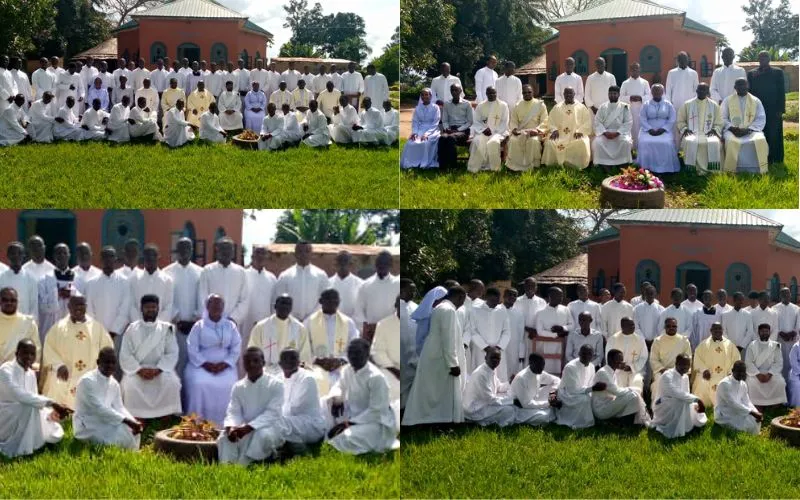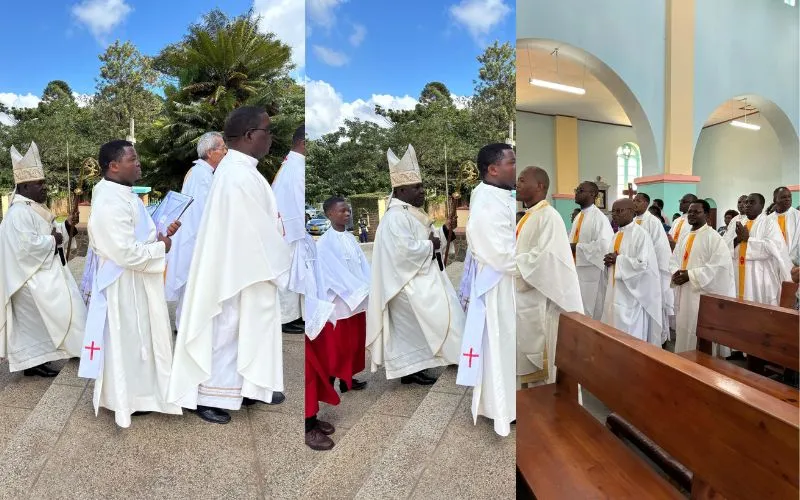Tombura-Yambio, 23 October, 2024 / 3:26 pm (ACI Africa).
The Bishop of the Catholic Diocese of Tombura-Yambio (CDTY) in South Sudan has encouraged Seminarians and staff at the St. John Paul II Institute of Philosophy Seminary Yambio to embody the values and spirit of their patron saint.
In a message on the occasion of the celebration of the Feast of St. John Paul II at the institution, Bishop Eduardo Hiiboro Kussala underscored the profound impact of St. John Paul II on the institution’s academic and spiritual life.
“On this special occasion of your Patron saint’s Day, we celebrate not only St. John Paul II’s remarkable legacy but also the profound impact he has had on our academic and spiritual journeys,” Bishop Hiiboro said in his Tuesday, October 22 message.
He said that the saint’s commitment to truth, dignity is what inspires the Seminarians at the institution to pursue excellence in their studies and personal growth.
“As we honor his memory, let us embrace his charismatic spirit and teachings, striving to reflect his values in our daily lives,” the Local Ordinary of CDTY since his Episcopal Consecration in June 2008 said of the saint whose feast day is October 22.








